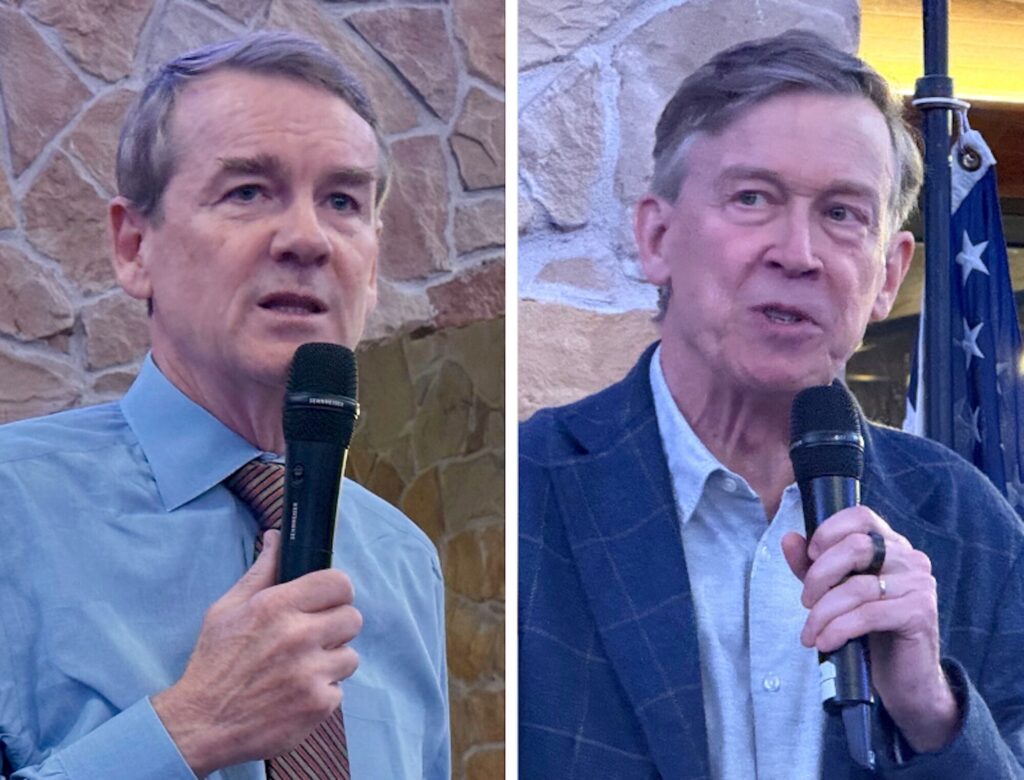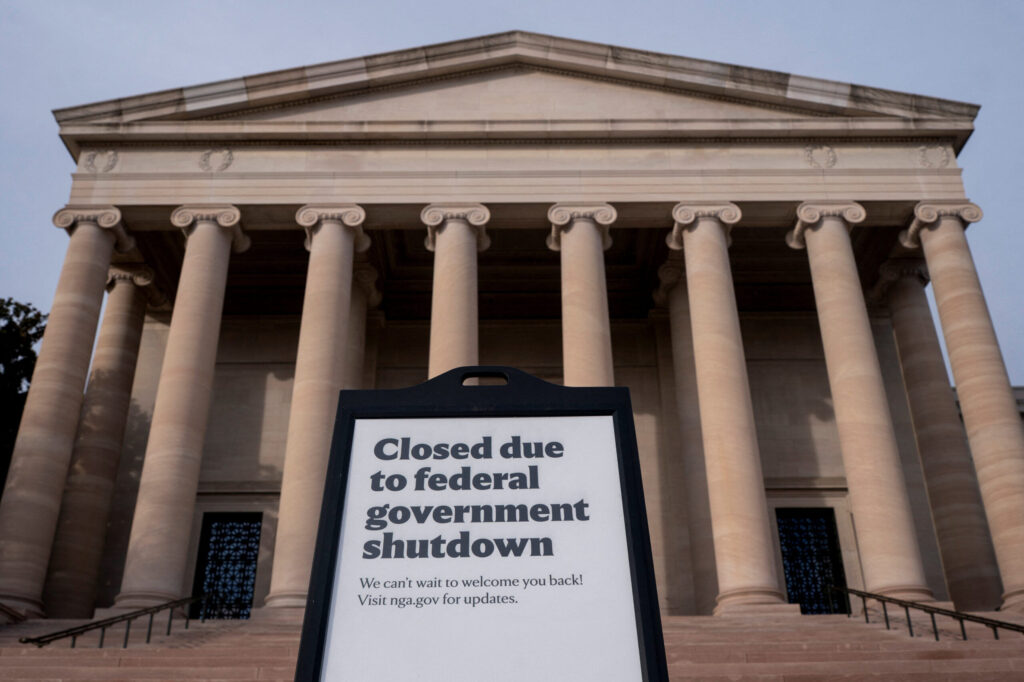Denver Civil Service Commission fires executive director, who alleged political pressure in hiring police officers
The Denver Civil Service Commission’s board has fired its executive director, who alleged that Mayor Mike Johnston pressured her office to ignore “red flags” in applicants to Denver’s police and fire departments.
The board said it decided to “release” Niecy Murray and that decision was, in fact, made on May 16.
In a statement, the board said its president and vice president had scheduled a meeting with Murray later in the afternoon on Tuesday to let her know of that decision.
“Unfortunately, Ms. Murray’s claims to the press this morning appeared to have been a preemptive attempt to block or influence her release. These developments have not deterred us from our course of action, and we have separated Ms. Murray from her position,” the board said.
As executive director, Murray was responsible for oversight of recruiting and testing processes for new recruits at both departments. She was appointed to the Civil Service Commission in 2018 by then Mayor Michael Hancock,
Murray had claimed that Johnston pressured her office to ignore standard protocol for entry-level and promotion processes and push through the hiring of recruits who failed their psychological tests.
“My job is not to be liked, it is to be sure that the standard The People expect for their first responders be upheld,” Murray said in news release. “The mayor has made it clear that he will not back off of the staffing numbers he set in his campaign.”
In its statement, the board rejected Murray’s allegations, disputing claims that standards have been lowered or rules have been bent as a result of political pressure.
The entry level police minimum score — which a recruit must gain before being hired — has steadily dropped since 2019, according to a news release from Councilmember Shontel Lewis’ office. In 2019, it stood at 70 and dropped to 67.14 in 2020.
Officials are now asking it to be dropped to 60, claimed Lewis, though the councilmember did not name any specific “officials” nor detail what the tests entail.
In a statement provided to The Denver Gazette, Department of Safety Director Armando Saldate said his agency is committed to “ensuring Denver is a safe and vibrant city.”
“We hold our agencies to the highest standards, including a shared priority with the Civil Service Commission to recruit top public safety candidates through a thorough, equitable, and expeditious hiring process,” he said. “Modernizing the Civil Service Commission process is an essential step in building a diverse, dedicated, and highly skilled public safety workforce, and we must make evidence-based changes to that process to make that vision a reality.”
Johnston had promised to hire more police officers to Denver’s force. His plan, echoing that of his predecessor Hancock’s, sought to add more than 100 uniformed officers.
Some progressive Democrats have regularly questioned hiring more officers, while others have asked for more boots on the ground.
“That the city’s officials are saying one thing publicly while encouraging substandard hiring practices behind the scenes raises real concerns for myself and many of my colleagues on Denver’s City Council,” Lewis said. “At a time when our city is being asked to restore trust in our police, that faith is being built on a clear expectation from the public that our first responders will hold themselves to a certain standard.”
During a news conference on Tuesday morning, Murray was joined by Lewis, Councilmember Sarah Parady and Councilwoman Serena Gonzalez-Guiterrez. Parady and Lewis, who were endorsed by the Democratic Socialists of America, typically represent some of the most progressive voices on the City Council.
Without naming officials, Gonzalez-Guiterrez said the city should not lower its hiring standards to “meet an arbitrary quota.”
“This is not the time to decrease our standards for who holds our community members’ lives in their hands,” she said.
In its statement, the Civil Service Commission’s board said it “never set expectations that the Executive Director or the Commission should operate any way other than independently, and we strongly dispute her claims.”
The board said it’s in the process of reviewing all procedures and processes to “look for efficiencies and improve operations” in order to move candidates through the hiring process faster and to “alleviate unnecessary bottlenecks, all while meeting the needs of a skilled, modern workforce.”
As for score setting, the commission’s consultants — hired by the executive director — recommend the scores to the executive director, who then sends those recommendations to the commissioners for review, the board said.
The board said an acting director has been appointed and the search for a new executive director will begin immediately.











